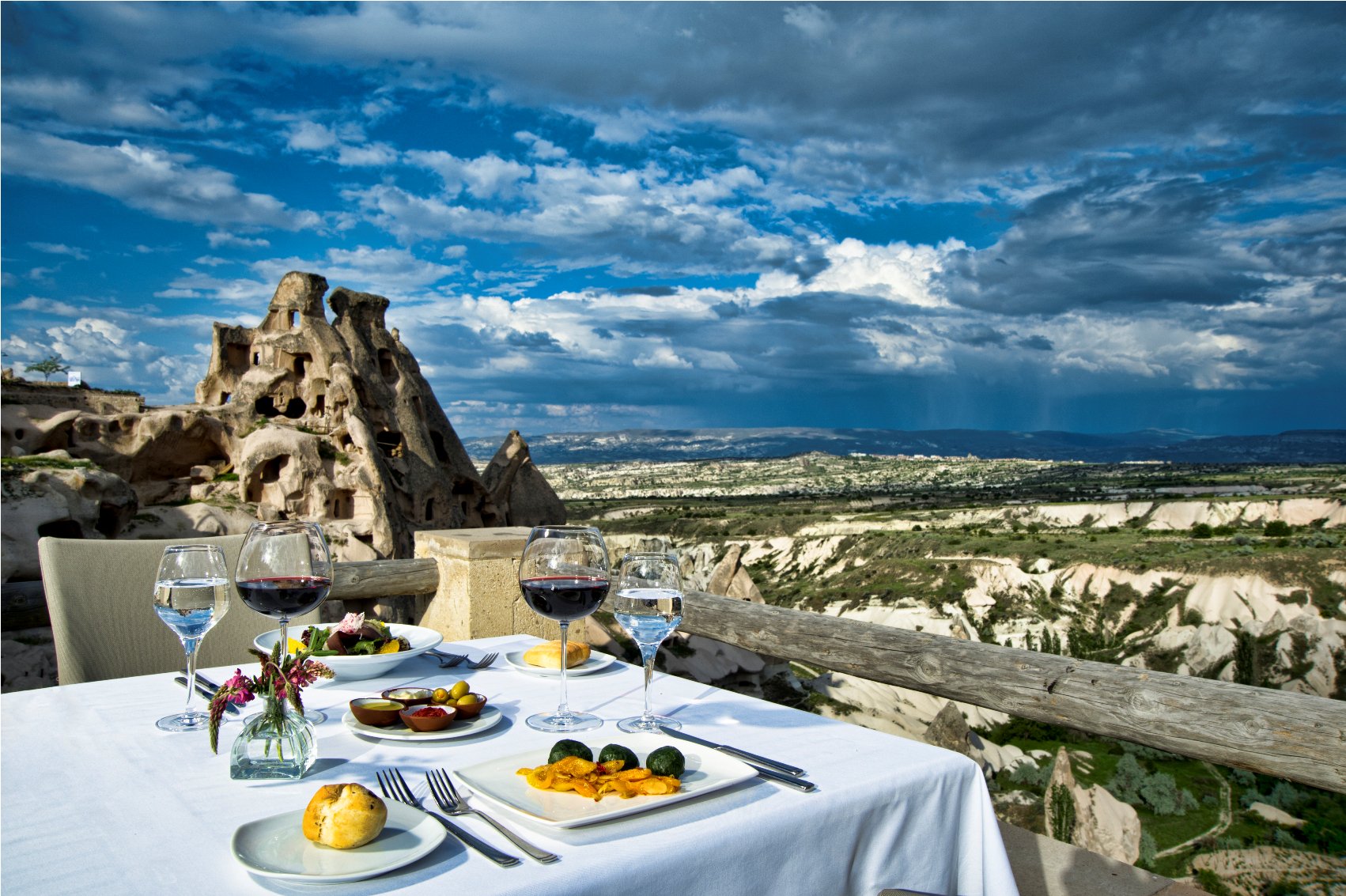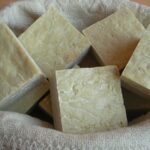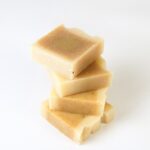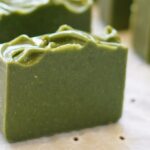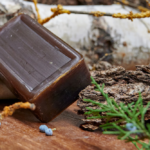- Wine and religion
- Turkish wine: a good quality
- Muslim country
- Cappadocia: a Wineland
- Atatürk encouraged wine production
- A fruity wine made from local grape varieties
Turkey is today the world’s 4th largest producer of table grapes.
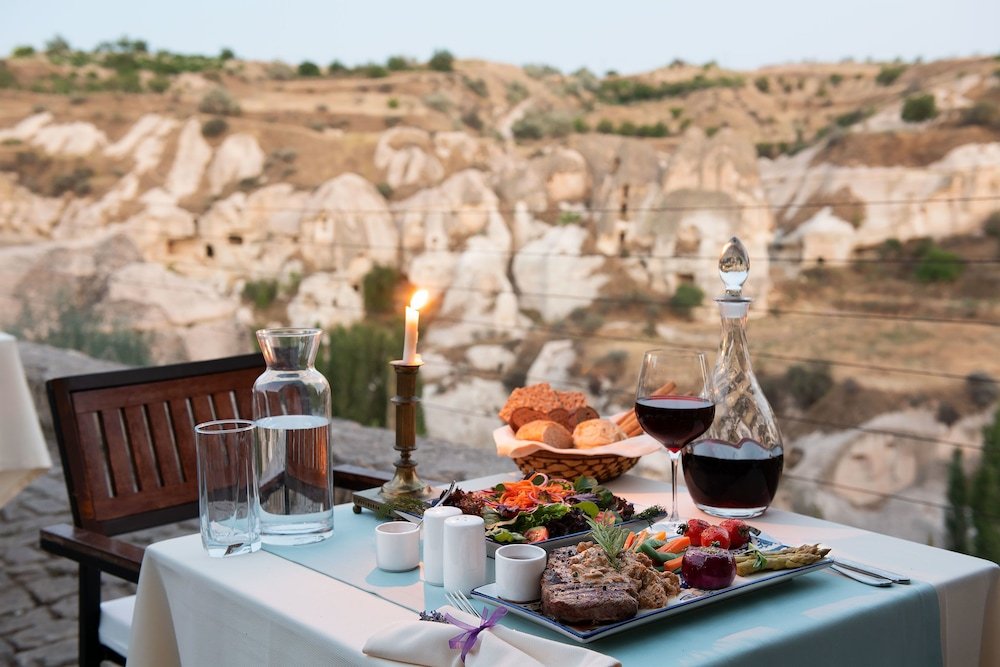
Since Turkey is a predominantly Muslim country, alcohol use varies from culture to culture. On the other hand, the wine route in Turkey is also an important position.
Wine and religion
Much of the grape is used for other purposes, mostly religious reasons. The main wine producers in Turkey are located on the Gallipoli Peninsula, on the Aegean coast, in Central Anatolia – Cappadocia – and, for some, in the south-east of the country.
Turkish wine: a good quality
Turkish wine industry players speak of “excellent quality.” for some Turkish vintages. However, wine production remains marginal in a country where religion and political decisions influence the cultural development of drinking
Muslim country
Turkey is a predominantly Muslim country, and most Turks do not consume alcohol, which Islam considers “haram” (forbidden). But the country has a long wine-growing tradition, benefiting from an ideal climate for wine-growing. “The climate is very suitable, we have hot summers, humidity, so the plants are active and very happy,” says Mark Sims, the Australian manager of Suvla Vineyard, the leading wine producer on the Gallipoli Peninsula.
Cappadocia: a wineland
It’s an unexpected Turkey, producing fruity wine. Between fairy chimneys and Byzantine remains, the Pink Valley in Cappadocia also offers perched vineyards, among the oldest in the world!
Adorned with this milky pink as soft to the eye as a baby’s skin, Cappadocia offers walkers its paths enameled with rocks sculpted by the elements, but also its Anatolian wine estates. For here, the first bunches of grapes hatched 4500 years ago, as in the Pink Valley, between the rock-cut cities of Göreme and Kaymakli. The caves dug in the mountains have served, and still serve, as caves. The wine is kept at constant temperature (between 8 and 10 ° C).
Atatürk encouraged wine production
Mistreated in the time of the sultans, the Turkish vineyard was finally replanted in the 1920s, with the encouragement of Atatürk, who saw it as a symbol of secularism. Turkey is today the 4th largest producer of table grapes in the world, but the 36th largest producer of wine (90 million bottles), as only 3% of the harvest is vinified. For some time now, exciting wines have emerged, produced in particular in the heart of the Anatolian steppe, between Cavusin, Avanos, and Uçhisar. The vineyards, up to 1500 meters above sea level, are among the highest in the world. They endure harsh winters (-20°C) and no less severe summers (over 40°C). There are some 1500 local grape varieties, including the famous “Emir”, which gives a very floral white, or the “narince”, with citrus tones. As for the reds, they owe their strong flavor to oküzgözü (“ox-eye”).
The volcanic, clayey, sandy soil, on the bottom of limestone tuff, is a sponge and never lacks water. Also, everywhere ribbons of water gurgling, favoring tiny orchards with by vines. Early in the morning, peasants with their horses are busy on these small plots. Here, the man makes his table wine (and more often his vinegar) from giant vines, usually more than two hundred years old, since the region was spared from the terrible phylloxera, which decimated the western vineyards.
A fruity wine made from local grape varieties
So we taste this valley… pink, white and red on the wine side. “We do not know the appellation of controlled origin (AOC). Here, the wines are sometimes still the fruit of curious blends. But it’s a practice that is disappearing,” says the cellar master of the Kavaklidere estate, founded in 1929. The largest private vineyard in the country covers 200 hectares, in Anatolia and beyond, in seven regions. You can taste its excellent ribs of Avanos aged in oak barrels, which are exported.
Another notable wine is Kocabag, in Uçhisar. It has been in existence since 1972, when the grandfather created a cellar in a cave. The wine is fruity and only made from local grape varieties grown on 30 hectares. Nearby, in Urgüp, the Turasan estate was founded in 1943 by a teacher who gave it his name. The technical director, Frenchman Edouard Guérin, obtained the patriarch’s confidence. He was able to delay the harvest and thus raise the elegance of the Zull, one of the best Anatolian reds, several times gold medal winner…
If you wish to buy wine from Turkey, please do not hesitate to contact us by mail at [email protected] or to call us at +90 532 361 5149. We can help you to get in direct contact with producers or provide you everything that you need.
